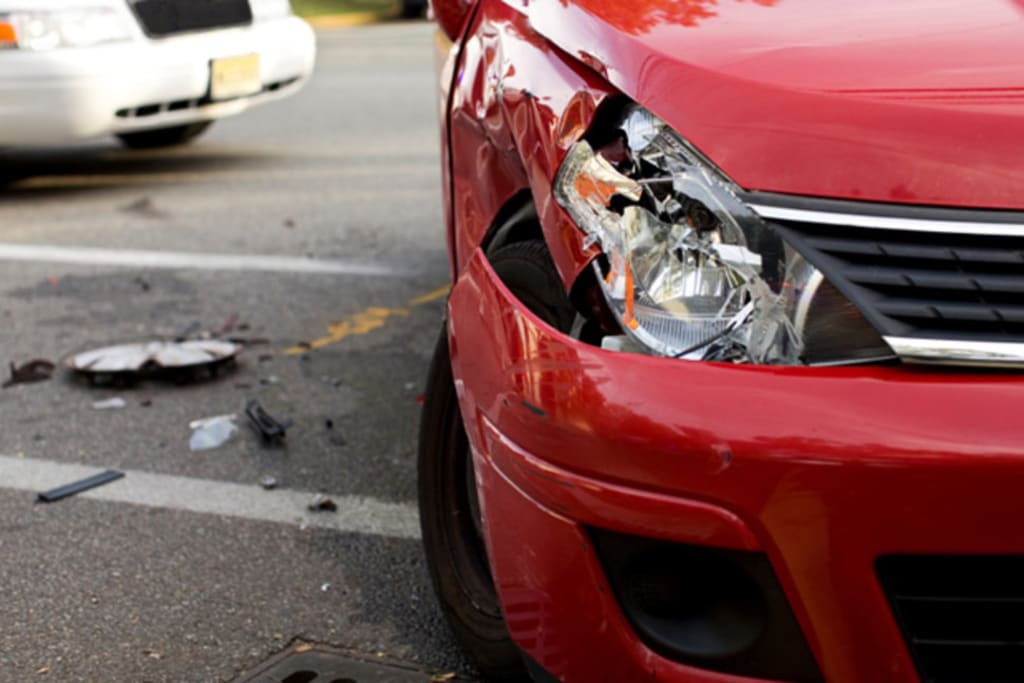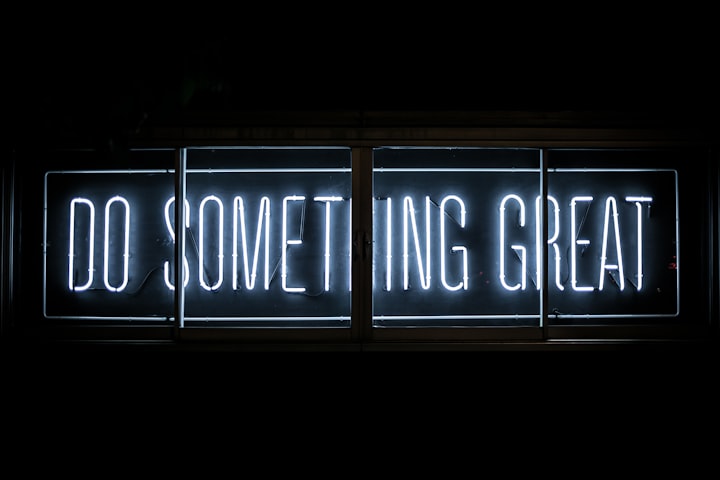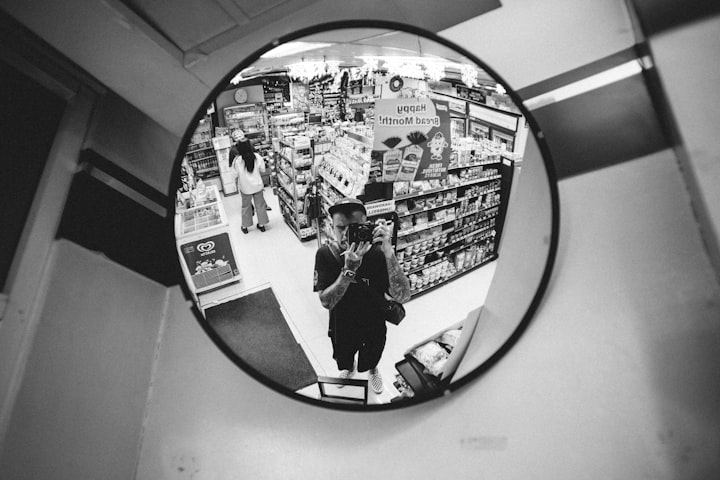Tired of Explaining the Importance of the Aziz Ansari Story? This Might Help!
How to Explain the Meaning of Accountability

Imagine you are pulling out of a parking lot. You check your surroundings and everything looks clear so you start slowly backing out. Suddenly, an Audi going much faster than it should zips around the corner and hits your back taillight. The driver that hit you rolls down their window, sees the moderate damage, and says, “Didn’t see you there” and drives away. Baffled by the series of events that have just transpired you sit in silence for a moment while you process. By the driver's demeanor, you suspect they were intoxicated. Before the car pulls out of sight you instinctively snap a picture of their license plate and proceed to call your insurance company to report the incident. They promise to look into it. A few days later you get a call from the driver-who-hit-you’s insurance company. They remind you that some people are hit going 75 mph on the freeway and that you shouldn't be making such a big deal over a little fender bender. You try and plead your case again. You recount that the driver appeared intoxicated and that the driver committed a hit and run—but they cut you off. They ignore everything you've just said and bring up that the person you are accusing has a car that is more valuable than yours and the repairs are going to be more costly for them, so why are you complaining again? They regress further and tell your photo isn't enough evidence, there is nothing they can do for you, and hang up the phone.
If this were you, would you want the driver who hit you to be held accountable? Would you want this person to be a better driver? Would you be upset by the driver’s and the insurance company’s response? Are you still confused how this has anything to do with the Aziz Ansari story?
Many arguments surrounding this story are chalking the account up to a "bad date." Other critics are questioning why this story is getting so much coverage when other recent accusations such as Harvey Weinstein, or even Louis C.K. were ‘so much worse?’ Going back to the car analogy, having someone hit your vehicle at 75 mph on the freeway would indeed cause a lot more damage than a fender bender in a parking lot. By the laws of physics, there is no arguing that. The real question here is why we refute the argument of, “It could have been so much worse,” in almost any other scenario but sexual misconduct? Furthermore, if someone’s reason for hitting your car was, “I didn’t see you there,” most people’s response would be, “Well you should have looked harder.” Why then shouldn’t the follow up to, “You ignored clear non-verbal cues; you kept going with advances,” with the response of, “Clearly I misread things in the moment and I’m truly sorry," also be “Well you should have looked harder.”
You may hold your own opinions about Aziz Ansari’s work, but up until this point, he’s been a hard guy to actively dislike. He was an integral character in the tour-de-force cast of Parks and Recreation, wrote “Modern Love,” a relatable and well-researched book about the flaws of modern dating, and has received multiple awards for his show Masters of None, which hasn’t shied away from speaking up for the less privileged. It's this very culmination of his success and public statements that have deemed him an ally in a wide variety of communities that make this accusation sting so much more.
Aziz Ansari most likely did misinterpret his accuser’s cues, but he should have known better and should not be using the reasoning of “I misread things in the moment” and “I never meant to cause harm,” as means for forgiveness. Sadly stories like this, of a "bad date" gone wrong, of "hard to read cues," have been so commonplace that people are using Ansari's allegation as a testament to normalcy. The bigger conversation of how this shouldn't be considered normal is why Grace's story is important. Hopefully, 2018 will mark the end of having to tell anyone, “You should have looked harder.”
About the Creator
Claressa Slaughter
B.A. in English and Creative Writing from San Francisco State Unversity. Aspiring decent human.






Comments
There are no comments for this story
Be the first to respond and start the conversation.